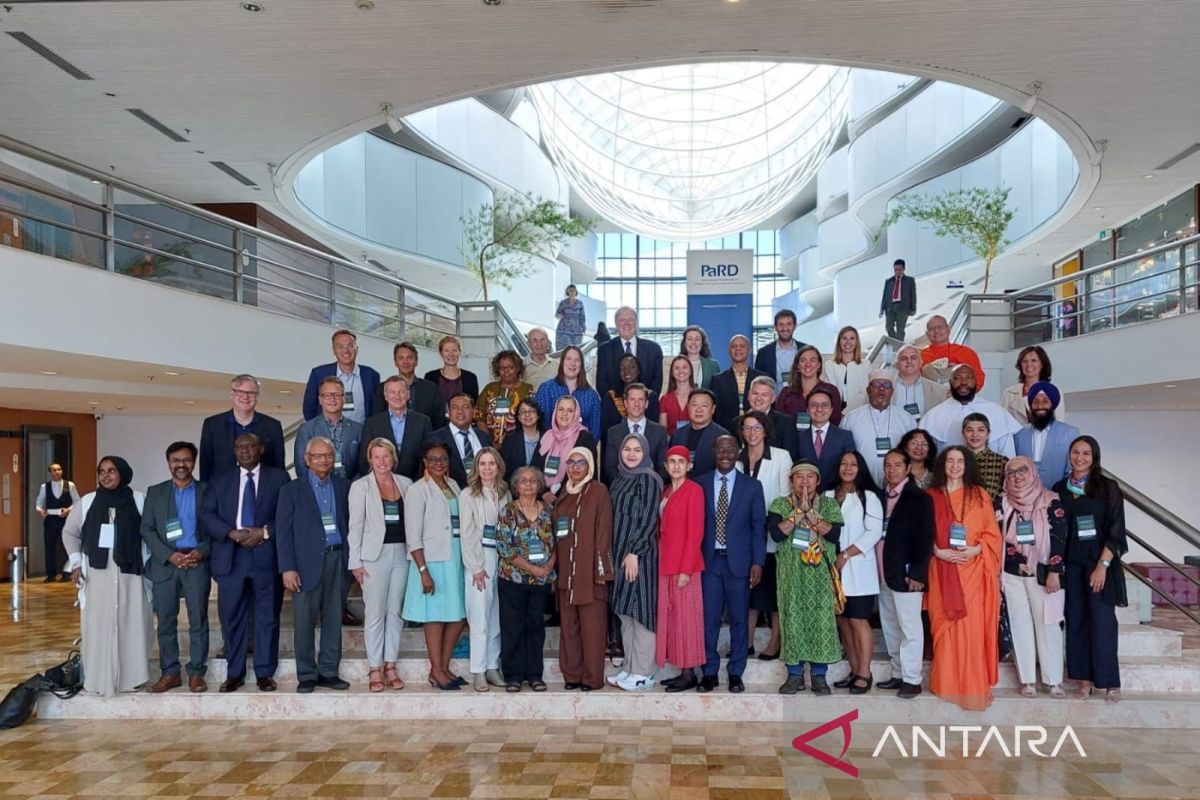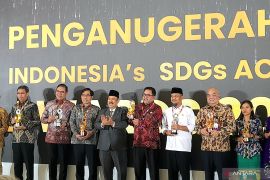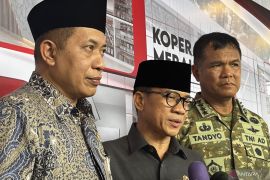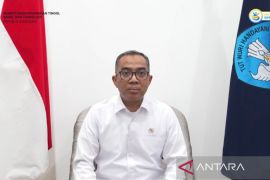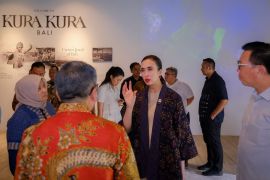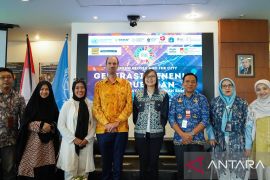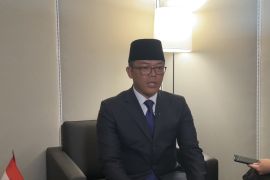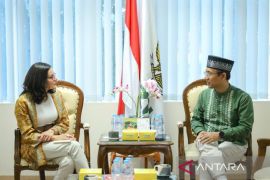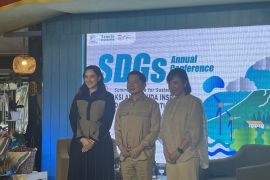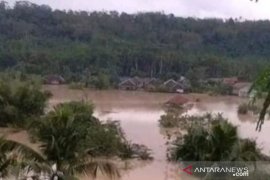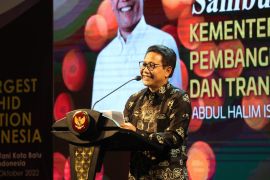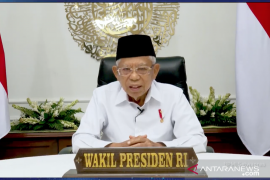According to its statement cited here on Friday, the ministry outlined various best practices for managing zakat and waqf and the ways in which they help Indonesia pursue the realization of Sustainable Development Goals (SDGs), especially those related to poverty and famine handling.
"At the forum, we participated in a session themed 'No Poverty and No Hunger,'" Muhibuddin, head of the ministry's Sub-directorate of Education, Innovation, and Cooperation in Zakat and Waqf, stated.
He noted that the Indonesian delegation had the opportunity to introduce various national philanthropic initiatives, including the Zakat Village program, which aims to optimize alms to elevate people's living standards.
"This program does not only offer material assistance but also provides training activities that can help people reach economic self-reliance," he stated.
Furthermore, he said the delegation showcased Indonesia's Waqf Cities, Religious Affairs Offices (KUA) of People's Economy Empowerment, and Productive Waqf Incubation programs.
He said the ministry is striving to optimally utilize endowment funds and assets, such as waqf forests, with the objective of strengthening food resilience and boosting people's welfare.
"They (the audience) were very interested and delighted with the new insights we shared. This proves that our management of philanthropy can be a global role model," he remarked.
Muhibuddin then emphasized the importance of countries working together to deal with global challenges, such as poverty and famine, while expressing hope that by sharing its experiences, Indonesia will make significant contributions to the global efforts aimed at achieving SDGs.
In addition to attending the interfaith forum, the ministerial delegation also paid a visit to the Indonesian Embassy in Brazil.
Related news: Ministry targets alms collection reaching Rp100 trillion
Related news: Ministry to empower religious affairs offices to collect zakat funds
Translator: Sean F, Tegar Nurfitra
Editor: Rahmad Nasution
Copyright © ANTARA 2024
